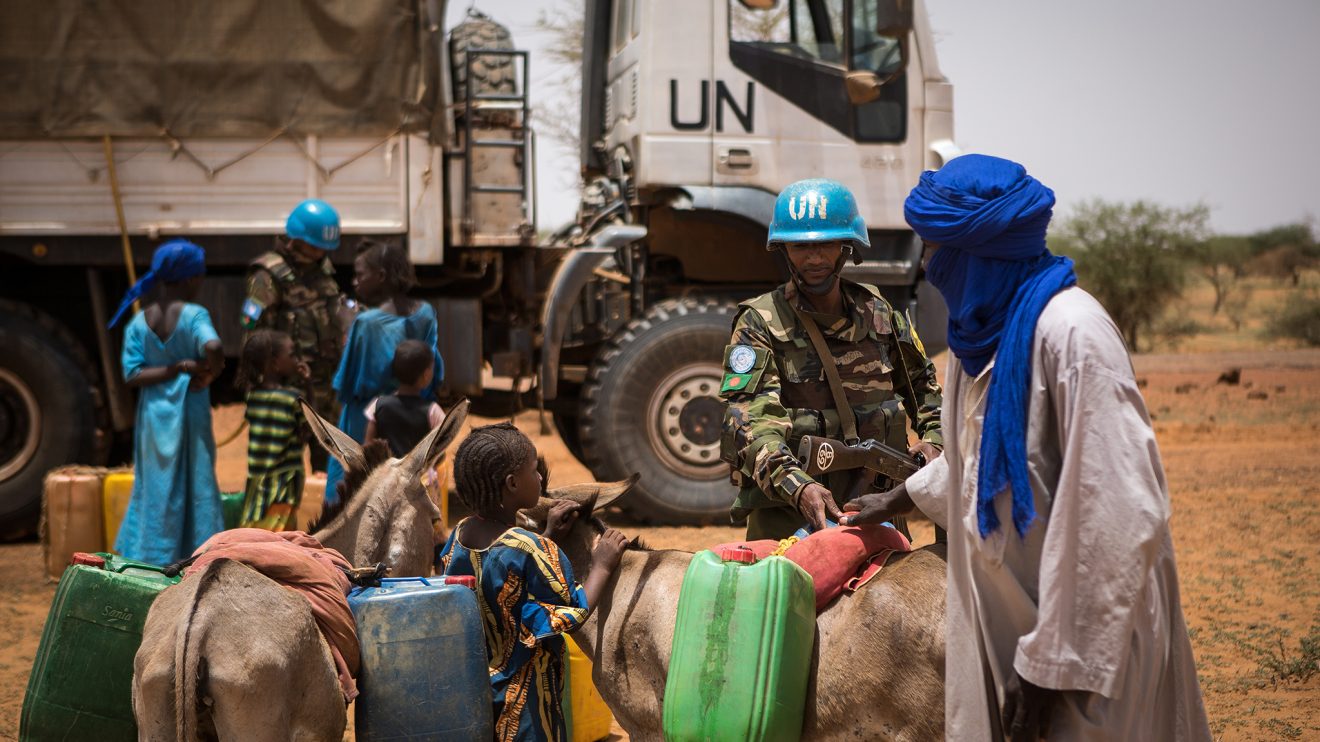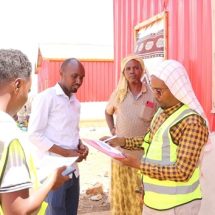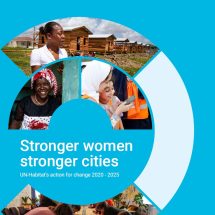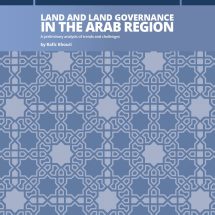This interactive face-to-face workshop has been developed by UN-Habitat, the United Nations System Staff College and the Global Housing, Land, and Property (HLP) Area of Responsibility of the Global Protection Cluster. It is designed for managers and field personnel who are interested in learning about the main concepts and practices that are related to supporting the protection of HLP rights and the implementation of good land governance interventions in conflict-affected contexts. It will reflect on these elements as key cornerstones for peacebuilding, sustainable development, and the overall achievement of human rights for populations who are affected by crisis populations.
Introduction
People in conflict-affected countries face a wide array of challenges that are related to housing, land and property rights violations. In light of this HLP interventions have become a necessity. However personnel who work in humanitarian and development contexts seldom have the expertise they need to adequately address challenges that may arise as a result of housing, land and property rights violations. This can result in interventions are that are not in line with the relevant international frameworks and global good practices.
By combining mixed methodology webinars, entailing expert exposés and group work, this course outlines how practitioners can successfully address HLP issues in the prevailing context of urban displacement and increasingly protracted crises. It provides practical guidelines for all to understand the fundamentals of conflict-sensitive land governance and how they play out in the conflict cycle, from conflict prevention, to early recovery, to development and peacebuilding.
Objectives
Upon successful completion of this programme, participants will gain insights on
- The nexus between violent conflicts and housing, land and property rights.
- The design and implement strategies and programmes that have HLP and land governance components.
- How to address HLP and land governance along the conflict cycle, from conflict prevention, to mitigation, early recovery and reconstruction.
- Using practical tools and approaches to address HLP challenges at the field level.
Course methodology
The course will be facilitated in line with adult-learning best practices. It will include plenary discussions, scenario building exercises in breakout group sessions, with emphasis placed on frank and interactive exchanges in a safe and inclusive environment to foster creativity, innovation and problem solving.
Course content
- Day 1 provides an introduction to HLP rights and explains the importance of protecting them and advancing conflict-sensitive land governance.
- Day 2 focuses on the root causes of land and conflict for peacebuilding, HLP interventions, and access to HLP rights for women.
- Day 3 addresses HLP issues in urban displacement and protracted crises, due diligence, and conflict-sensitive land governance in peace agreements.
- Day 4 allows for the presentations by training participants, discussions, evaluations, and conclusions.
The training uses concrete country cases and real-life examples to help participants design and implement strategies and programmes that have HLP and land governance components. The analytical framework provided presents a great opportunity for participants to increase their understanding of the relationship between violent conflicts and housing, land, and property rights.
Target audience
Project managers, field personnel, human rights officers, protection officers, humanitarian coordinators from the UN.
The course is open to development practitioners who work in crisis and conflict affected or conflict-prone countries that have a particular focus on the Arab context.
Cost of participation
$2,000












